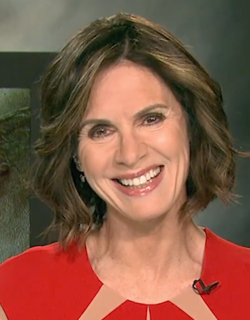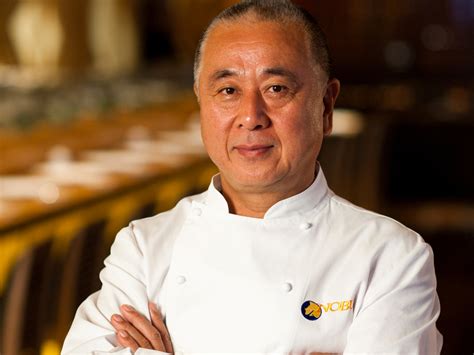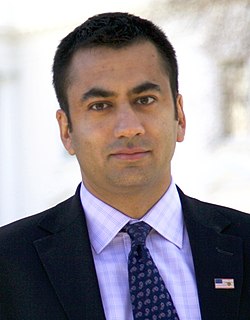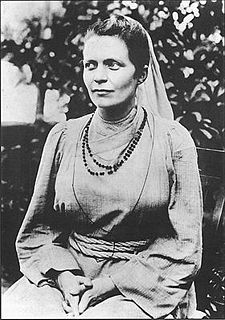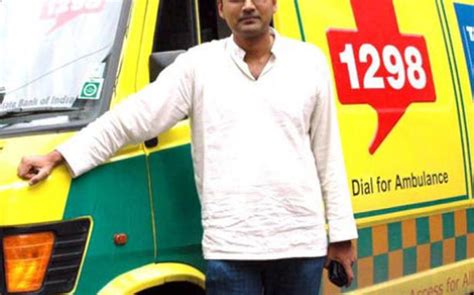A Quote by Neel Mukherjee
India introduced Britain to vegetarianism - see Tristram Stuart's excellent first book on this - and it is possible, indeed all too easy, to be a vegetarian in India and eat extraordinarily good, varied food every day, with very few 'repeats.'
Related Quotes
Meat-fetishiser that I was, I used to find willed vegetarianism inexplicable. It was one thing to be a vegetarian because of religious and caste reasons - something I was familiar with because of my Indian upbringing - but to choose to be a vegetarian when you could eat meat for every meal every day? That seemed madness to me.
It is the other way round: food cannot make you spiritual, but if you are spiritual your food habits will change. Eating anything will not make much difference. You can be a vegetarian and cruel to the extreme, and violent; you can be a non-vegetarian and kind and loving. Food will not make much difference. In India there are communities who have lived totally with vegetarian food; many Brahmins have lived totally with vegetarian food. They are non-violent but they are not spiritual.
I returned to India because I believe in an India of honesty and hard work, not of corruption and crookedness. I believe in an India of openness and straightforwardness, not of hypocrisy and double-dealing. I believe in an India where opportunities are available to all, and not just to a chosen few.
India does not need to become anything else. India must become only India. This is a country that once upon a time was called 'the golden bird'. We have fallen from where we were before. But now we have the chance to rise again. If you see the details of the last five or ten centuries, you will see that India and China have grown at similar paces. Their contributions to global GDP have risen in parallel, and fallen in parallel. Today's era once again belongs to Asia. India and China are both growing rapidly, together. That is why India needs to remain India.
You all know that certain things are necessary to make a religion. First of all, there is the book. The power of the book is simply marvellous! Whatever it be, the book is the centre round which human allegiance gathers. Not one religion is living today but has a book. With all its rationalism and tall talk, humanity still clings to the books. In your country every attempt to start a religion without a book has failed. In India sects rise with great success, but within a few years they die down, because there is no book behind them. So in every other country.
We must create a history of India in living terms. Up to the present that history, as written by the English, practically begins with Warren Hastings, and crams in certain unavoidable preliminaries, which cover a few thousands of years...The history of India has yet to be written for the first time. It has to be humanized, emotionalized, made the trumpet-voice and evangel of the race that inhabit India.
I think - since I was about 7 years old - that was when I was first introduced to the comics called 'Amar Chitra Katha' that are published in India. They're not about a superhero, but they encompass all the stories of India, the folklore, the mythology, everything. But most of these stories are about Indian historical figures.
The reality that we were growing up in was very young and vibrant, and nobody was capturing that part of India. I started to backpack after getting out of college. I hiked and did a lot of things nobody was capturing in art at all in India, so I wrote my first novel. It was a very, trippy, experience-filled novel, and it ended up doing very well in India because nobody was writing about that at that point.
During the 19th century, Britain fought two wars in unsuccessful attempts to subjugate the Afghans. When Britain finally drew a border between India and Afghanistan in 1893, Pashtun tribes in southern Afghanistan were cut off from related tribes across the border in what was then India and is now Pakistan.




